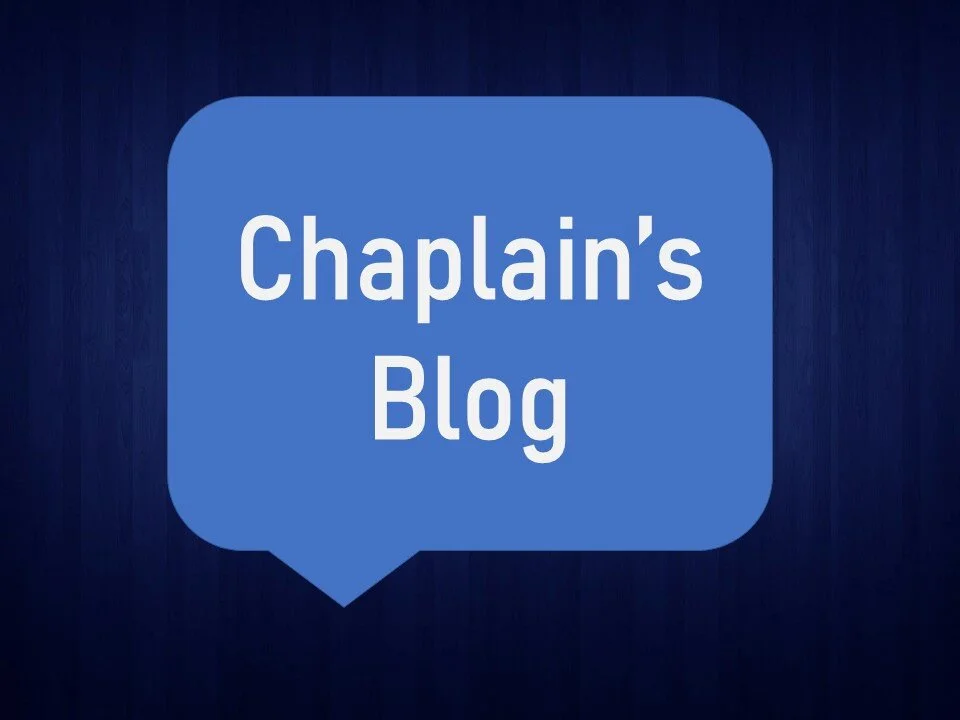I Have a Diagnosis
I am a United Methodist pastor serving as a hospital chaplain. In my ministry, I sit with a lot of families as they prepare for the death of a loved one. Sometimes the end-of-life situation arrives suddenly and unexpectedly through accident or injury. Sometimes it comes slowly and predictably at the end of a long disease.
Often, the families begin to experience grief before death occurs. All the emotions and experiences associated with grief manifest themselves. Anger, denial, blaming, bargaining, sorrow, and even depression. Our bodies work harder when we are grieving, and grief takes a physical toll on us. We may struggle to think clearly, have trouble sleeping, become forgetful, are constantly fatigued, etc. People are not their best selves when grieving.
Even though the loss hasn’t happened yet, we all know it is coming. Clinically, we call this pre-grieving ANTICIPATORY GRIEF. It’s real, it’s normal, and it’s powerful.
Recently, it struck me that anticipatory grief is exactly what the majority of the United Methodist Church is experiencing. Regardless of what “side” one is on, clergy and church members see a major loss coming, even if we don’t know exactly what the loss will look like or when it will happen. Virtually everyone foresees some form of denominational split after General Conference in May, even if it takes time for the actual split to go into effect. While the name may live on in some way, The United Methodist Church we have known and loved will cease to exist. Many clergy are grieving. Many church members are grieving. The clinical signs are all there as I interact with clergy colleagues and Methodists in my area.
Self-care is especially important when one is grieving since we are operating at only a fraction of our normal abilities. Sometimes we are so focused on caregiving for a dying loved one that we do not take care of ourselves adequately. Our bodies are working harder than we realize and we do not get the nutrition and rest our bodies need. In extreme cases at the hospital, I’ve seen loved ones pass out from dehydration!
I encourage all my Methodist friends (clergy and lay) to recognize that you may have anticipatory grief. Take care of yourselves. You may wish to find someone or a group with whom you can talk about your grief. Make sure you are getting some sabbath time to recharge and refresh your body and soul.
Recognize that those around you may be grieving too – and they may not be their best selves either. Remember that grief is a unique experience for everyone. People grieve at different speeds, sequences, and intensities. One day you might be feeling angry and someone else might be feeling hopeful. Choose your words carefully – we don’t always communicate clearly when we’re grieving, and our audience may not be hearing clearly either.
The final stage of grief is acceptance. This typically cannot occur until after the loss has happened. We adjust and re-order our lives to our “new normal.” Often there is a sense of relief that the caregiving and suffering are behind us. Sometimes there is a sense of hope and freedom because the season of crisis is over. Collectively as Methodists, it does not feel like we are there yet, but I believe we will get to acceptance.
Until then, recognize and persevere through this collective season of anticipatory grief. To paraphrase Paul: with patience, humility, and gentleness, let us bear one another in love. (Ephesians 4:2). Remember – we are a resurrection people; from death comes new life.

